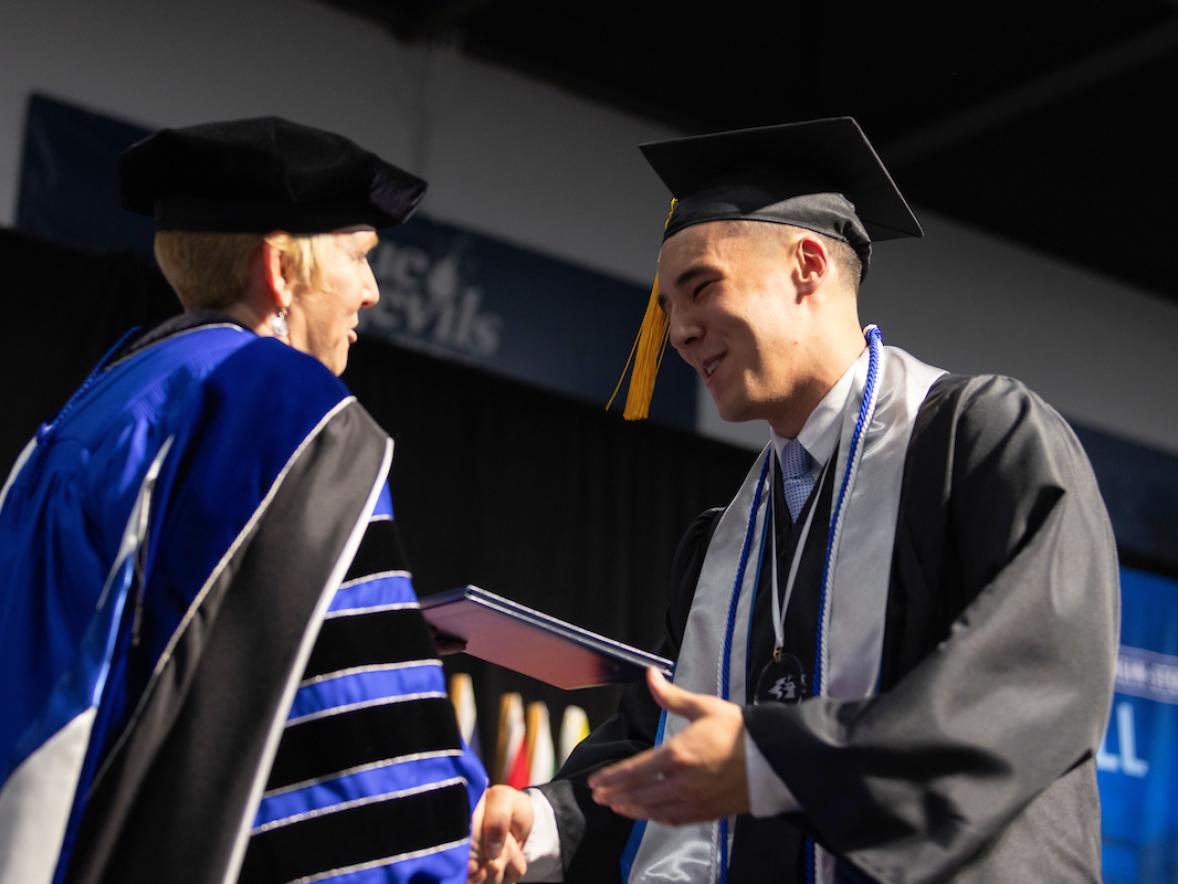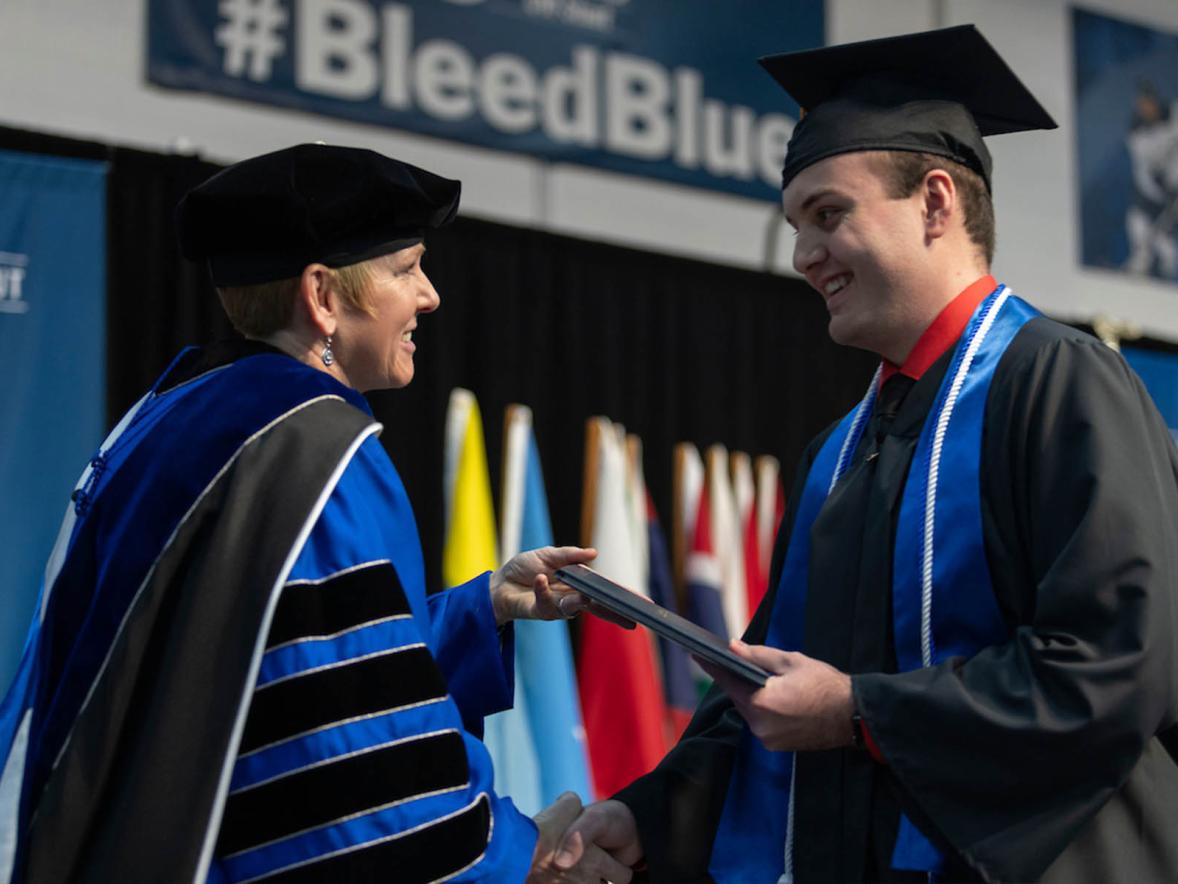The ninth annual Red Cedar Watershed Conference will feature speakers talking about rotational grazing, regenerative agriculture and its impact on water quality, managing water and the Wisconsin Water Agenda.
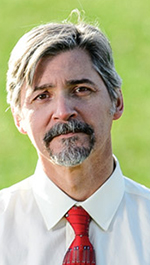 The conference from 8:30 a.m. to 4 p.m. on Thursday, March 12, will be held at the University of Wisconsin-Stout’s Memorial Student Center. Learn more and register here.
The conference from 8:30 a.m. to 4 p.m. on Thursday, March 12, will be held at the University of Wisconsin-Stout’s Memorial Student Center. Learn more and register here.
The conference brings together professionals, educators, activists and residents from around the region to discuss ways to improve water quality within the Red Cedar watershed, which includes about 40,000 acres of open water and 4,900 miles of waterways in northwestern and west-central Wisconsin.
Event highlights include farm, city and waterfront success stories, profitable land management for clean water and solutions to the serious problem of runoff pollution that plagues lakes and rivers.
The keynote speakers are:
- Paul Robbins, dean of the Nelson Institute for Environmental Studies at UW-Madison, will speak on “Managing Water Now: Individual Behaviors, Structural Barriers and the Inevitability of Change.” Addressing complex problems like water quality in Wisconsin’s rivers and lakes, while attending to the realities of people’s lives and livelihoods, has always been a challenge. Now, however, the problem is all the more acute, since the number of stakeholders has proliferated, the realities of farm and urban economics have become harsher, and rainfall and temperatures in the region have hit new, and unprecedented levels.
- Kris Nichols, soil microbiologist, KRIS Systems Education and Consultation in Scottsdale, Ariz., will speak on “Regenerative Agriculture” Impacts on Water Quality.” This presentation will discuss crop diversity including perennials and annuals as well as cover and companion crops, reduced soil disturbance, and managed grazing to increase profitability by maximizing nutrient and water use efficiencies.
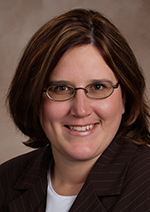
- Raj Shukla, executive director of River Alliance of Wisconsin in Madison, will speak on “A Wisconsin Water Agenda for All.” River Alliance of Wisconsin is taking on the task to create a Wisconsin Water Agenda; a “Green New Deal” for water that defines policy and program priorities to manage our challenges in keeping with our commitments to equity and social justice. But this is not just about new ideas; it’s about building a movement to turn ideas into a reality through local action led by local advocates across Wisconsin.
Breakout session speakers are:
- Serge Koenig, conservation technician, Sauk County, will speak on “Rotational Grazing for Profitability and Resource Protection.”
- Ken Meter, president of Crossroads Resource Center in Minneapolis, will present on “Regenerative Agriculture: A Strategy for Local Economic Development.”
- Randy Eide, Menomonie’s director of public works and Michael Werner, president of Werner Leading Solutions in Cumberland; will speak on “Urban Watershed Improvements from Cumberland and Menomonie.”
- Jim Fischer, Wisconsin Department of Natural Resources Mississippi River Monitoring Team Leader of La Crosse, will discuss “Seeking the Nexus Between Multi-State and Local Water Quality Improvements.”
- Peggy Farrell, director of Becoming an Outdoors Woman at UW-Steven Point, will present on “Welcoming Women Outdoors.”
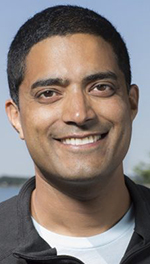
- Rod Olson, Barron County historical activist, and Brian J. Gabriel, Dunn County Historical Society, will speak on “A River of Gifts: Places and Stories That Make the Red Cedar River Unique.”
UW-Stout and Dunn County are the conference main sponsors with additional grant support from the Community Foundation of Dunn County. For a full list, go here.
The Tainter Menomin Lake Improvement Association is hosting the event, and UW-Stout’s Discovery Center Professional Education Programs and Services is coordinating it.
Photos
Paul Robbins
Kris Nichols
Raj Shukla





